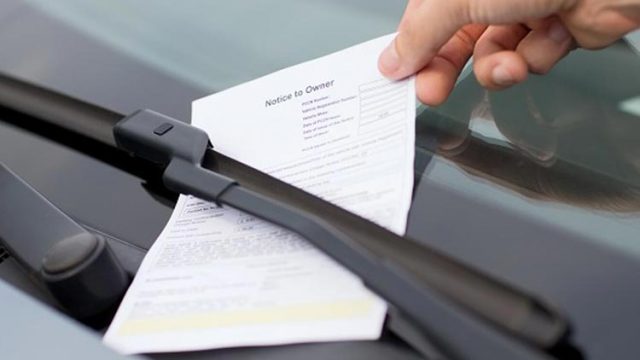Attempting to appeal or argue against a traffic fine can be tempting, especially if you truly feel that you haven’t done anything wrong. After all, the police are only human, and it’s possible for them to make mistakes just like anyone else.
If you’re considering appealing against a traffic or speeding fine, you should speak to a criminal lawyer to discuss your options – especially if the infringement that you’re appealing is somewhat serious. Experienced criminal lawyers will be able to advise you on the best course of action, advising you on the chance of successful appeal and telling you if you realistically have no chance of success. If you need a list of lawyers in your local area, check out Lawyerslist.
Different States Have Different Processes For Appealing Traffic Fines
Australia is a big country, and every state has its own set of road rules and procedures. This means that every state also has its own set of infringements and penalties for each offence, and that the process for fighting an infringement therefore varies with state.
With this in mind, it’s important to always speak with a legal expert to discuss your options. Don’t take advice from the net as concrete, and make sure that you do some research before committing to an appeal.
How Do I Appeal A Traffic Fine?
A lot of people feel that once you’ve received a parking or speeding fine, it’s impossible to appeal. Rather than considering their options fully, they go ahead and pay their fine and cop the penalty without a fuss.
However, this isn’t always the right way to do things! Just because you receive a fine doesn’t mean that you’re guilty. In Australia, you’re always assumed innocent until proven otherwise. Paying a traffic fine effectively admits guilt, eliminating any possibility of a fighting the infringement in court.
Taking A Traffic Fine To Court
Although the process varies throughout Australia, almost all traffic infringements can be taken to court if you wish. More serious ones will be automatically taken to court. Once you attend a court appearance, you will have to make an appeal and claim either guilt or innocence.
If you decide to plead not guilty, you need to make sure that you’ve got some sort of solid defence that you can use to backup your plea. For example, if you can prove that your speed was measured incorrectly and you were given a speeding fine accordingly, you could attempt to prove this.
On the other hand, you could plead guilty. In this case, you will probably receive lower penalties than if you were to plead not guilty and be found guilty, but you won’t have any chance of being proven innocent.
Final Word
If you’re considering fighting a serious traffic offence, then you should speak to an experienced criminal lawyer. They will be able to help you organise your defence, raising points that you can bring up in a court of law to help you have your offence level lowered or eliminated.
